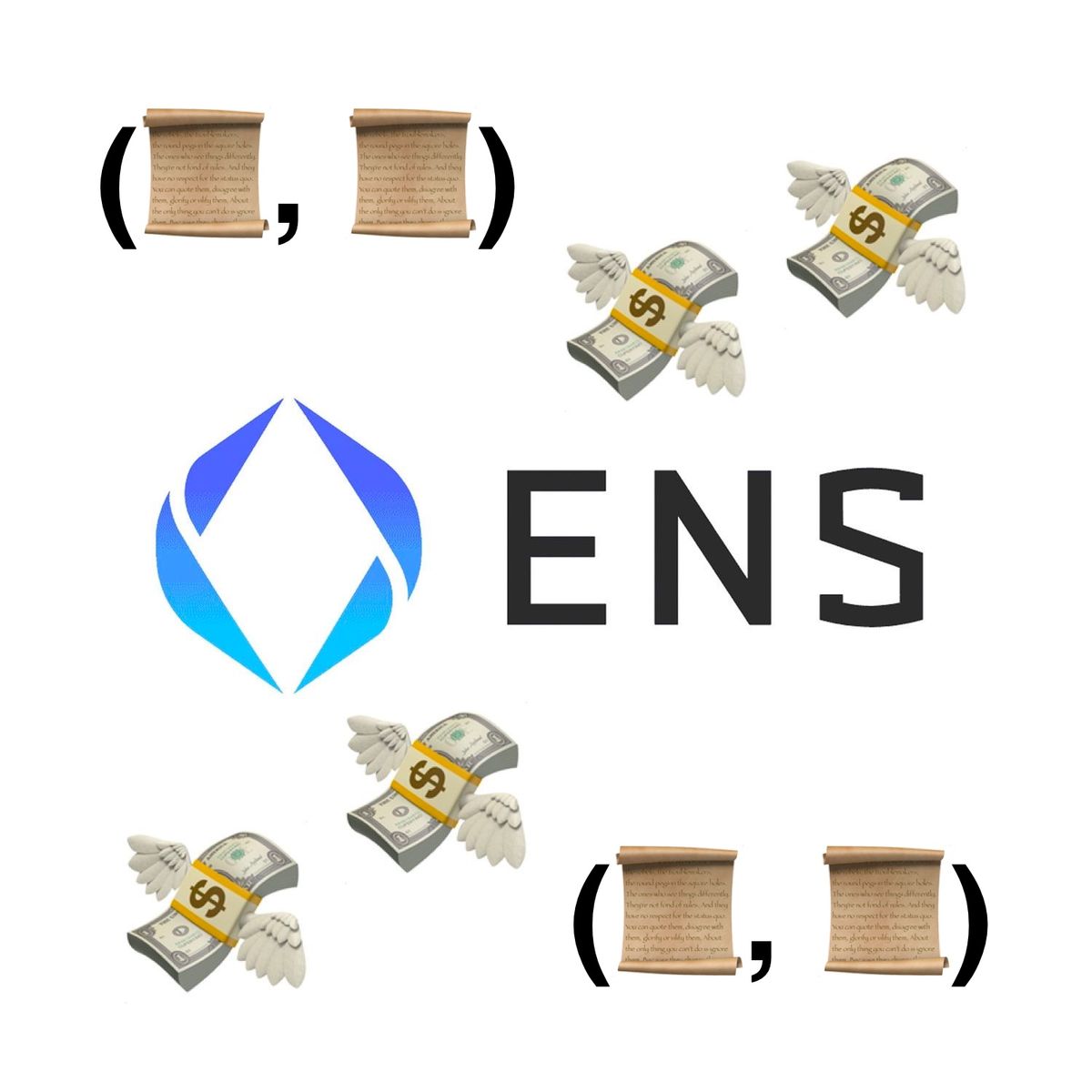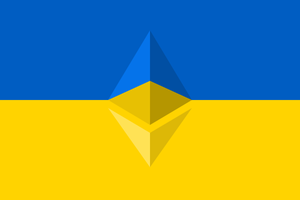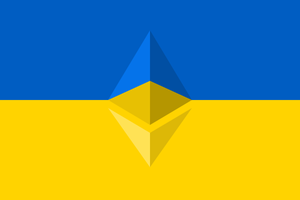In the last few weeks, I made a 50x return in crypto without even knowing I was investing in the first place.
$4,000 from $15 - ENS
A few weeks ago, ENS (Ethereum Name Service) did an airdrop to their early users, which means that they gave away free tokens. Immediately, those tokens had real monetary value as they became tradable on open exchanges. As those who wanted the newly minted $ENS rushed in, the prices soared, and now ENS has a market cap above $1 billion.
You can think of ENS kind of like the GoDaddy of web3. You can pay to register a .eth domain name, but instead of pointing it to a website, you point it to a crypto wallet. Wallet addresses are normally long strings of letters and numbers, whereas here you can have a wallet that is identified by something like paulcanetti.eth.
I registered that name in the spring of this year, and I think I paid around $15. As part of the airdrop, I was awarded 50 ENS tokens for my patronage, which is currently worth about $4,000. I got this as a gift, out of the clear blue sky.
$6,000 from $200 - ConstitutionDAO
The week before Thanksgiving, ConstitutionDAO attempted to win an auction at Sotheby's for a physical copy of the US Constitution. They raised $47 million in a matter of days. These were donations, not investments– in return for your money you got a governance token, which allowed you to vote on what to do with the Constitution, but specifically not to own any of it.
They (we?) lost the auction anyway, so the tokens became seemingly worthless. A refund mechanism was set up so you could withdraw your original donation, but because gas fees are so high, for some people it was price prohibitive to get the refund. For me, I was just lazy and slow, and hadn't gotten around to it yet.
Then, a couple of nights ago, I saw a random tweet about how the value of $PEOPLE, the ConstitutionDAO token, was skyrocketing. I honestly had forgotten all about it, and I hadn't even considered that it had a value at all. I'd never checked the price before. For my $200 donation, I had received 10,000 tokens, which was suddenly worth $4,500! An hour later it was worth $6,500.
Incentives in web3
In web3, you can get get paid to use things, instead of paying to use them.
In both of the above examples, neither was intended as a financial investment, and yet here I am, within the span of a few weeks, sitting on a better financial return than any of my "real" investments have ever yielded.
This muddies our ideas of what it means to be a user, investor, supporter, or owner.
I tweeted this last month and got some interesting (read: knee jerky) responses.
Imagine if:
— Paul Canetti (@paulcanetti) October 6, 2021
- iOS devs were given Apple stock to build for iOS
- Apple’s fees from the App Store were distributed to all developers instead of to Apple
- As value of stock goes up, devs are free to sell or trade for other stocks
This is how to think about Web3 incentives
The analogy to this theoretical version of Apple is not airtight, but what I was trying to do was to help explain how the inherent financial incentives that are built into web3 are likely to change consumer (and developer) behavior.
Giveaways have always been a great way to get people to try a new product. These are typically in the form of discount codes, free trials, raffles, maybe an Amazon gift card.
With many web3 projects, the giveaway is a token– which may or may not have a cash value upfront, but potentially could as demand increases. Use the product, get a token → product becomes more widely used, token becomes more valuable.
Imagine you are choosing between multiple products, selecting based on whether they:
a) cost you money
b) cost nothing, pay you nothing
c) pay you money
Option C looks pretty darn attractive! And yet almost every product you've ever used was likely A, or maybe B.
A lot of web3 projects look like C– they give away tokens as a way to bootstrap a user base, and in turn those users promote the service which hopefully increases the value of each user's tokens. Easy!
But actually, in the two examples above, it was even sneakier in that in that they were not offering any such incentives upfront. I actually used ENS because of the pure utility of having an .eth domain name, and their tokens were a surprise, given post facto. With ConstitutionDAO, I was donating money to a cause with no expectation beyond participating in the movement, and the increased value of their tokens was unintentional altogether– the founders of the project had already left it for dead!
Are these sorts of incentive structures, the hopes of making money in the future by holding random tokens, obscuring actual affinity and utility? Meaning, am I participating and promoting a given project because I think I'll make money from it, or because I actually like it?
Does it matter? At some point, does there have to be an actual underlying utility? Or is that not how this weird new world works? Are our existing labels and frameworks outdated? I don't know.
But I do know that I am making real money, by using and supporting things that I do actually like. No idea what it means, but it's pretty freaking cool.






